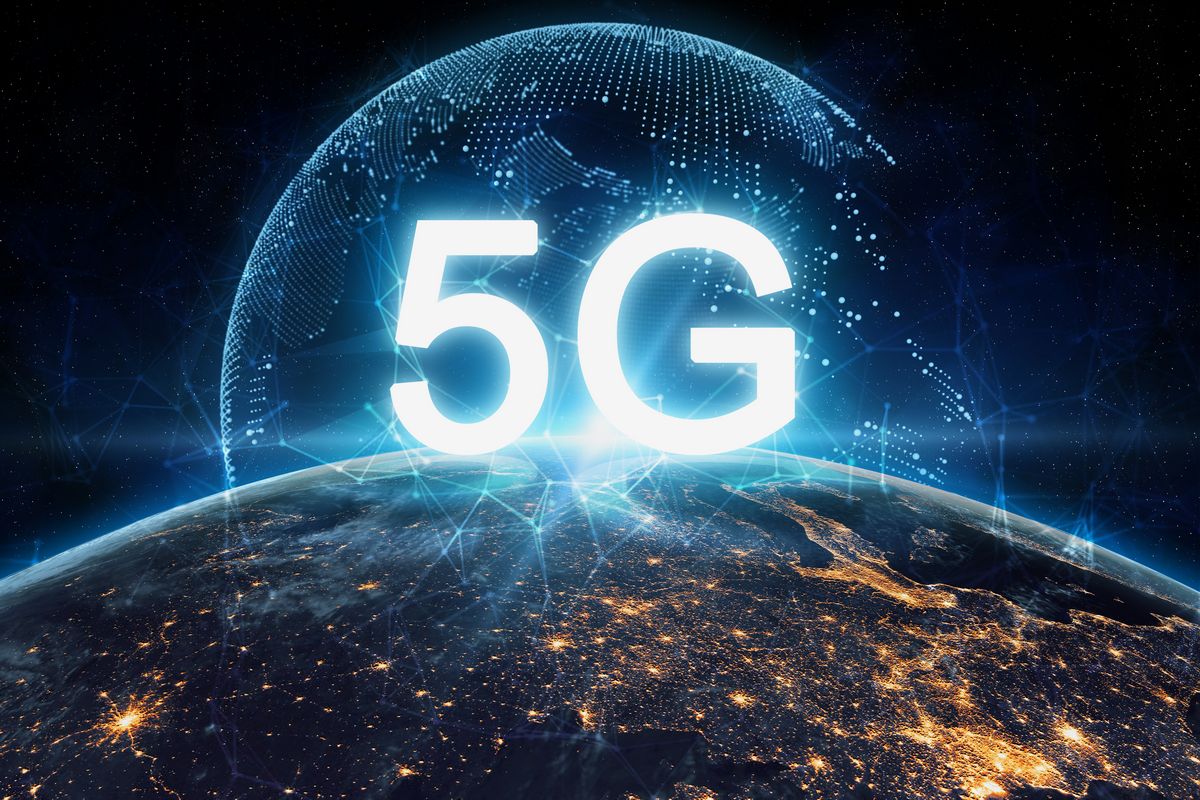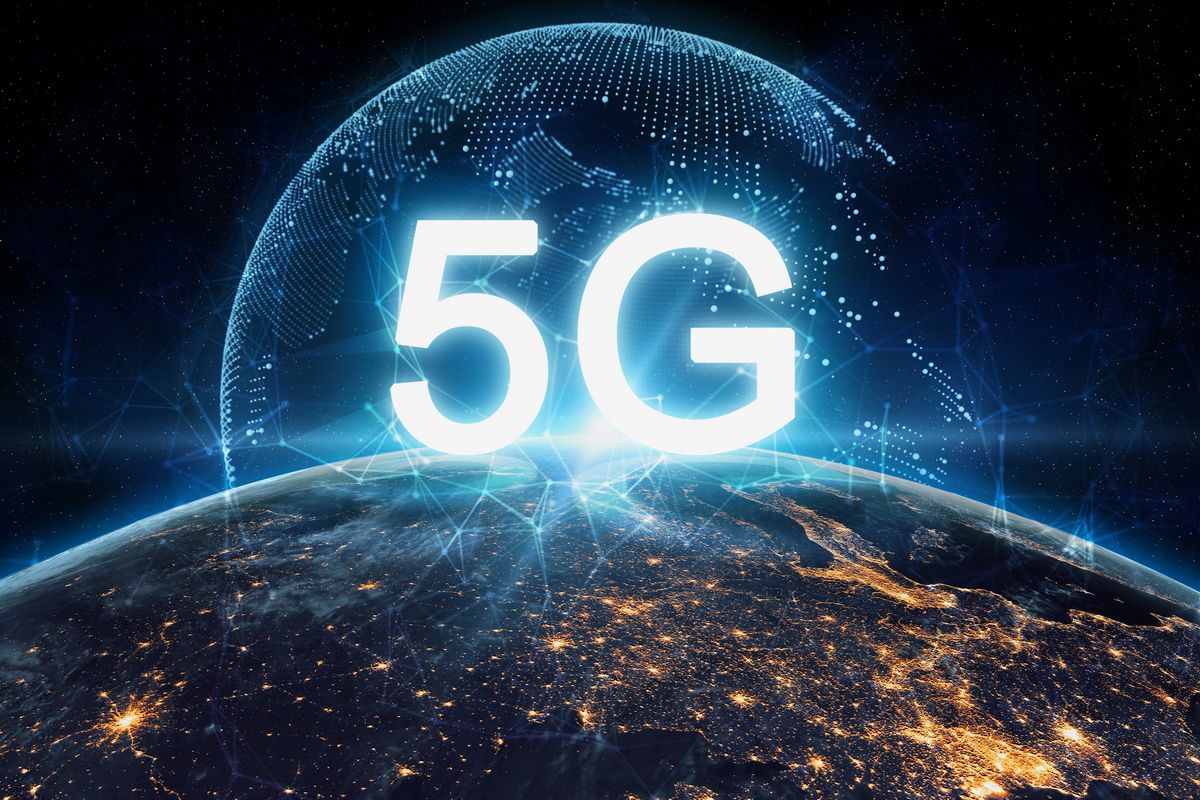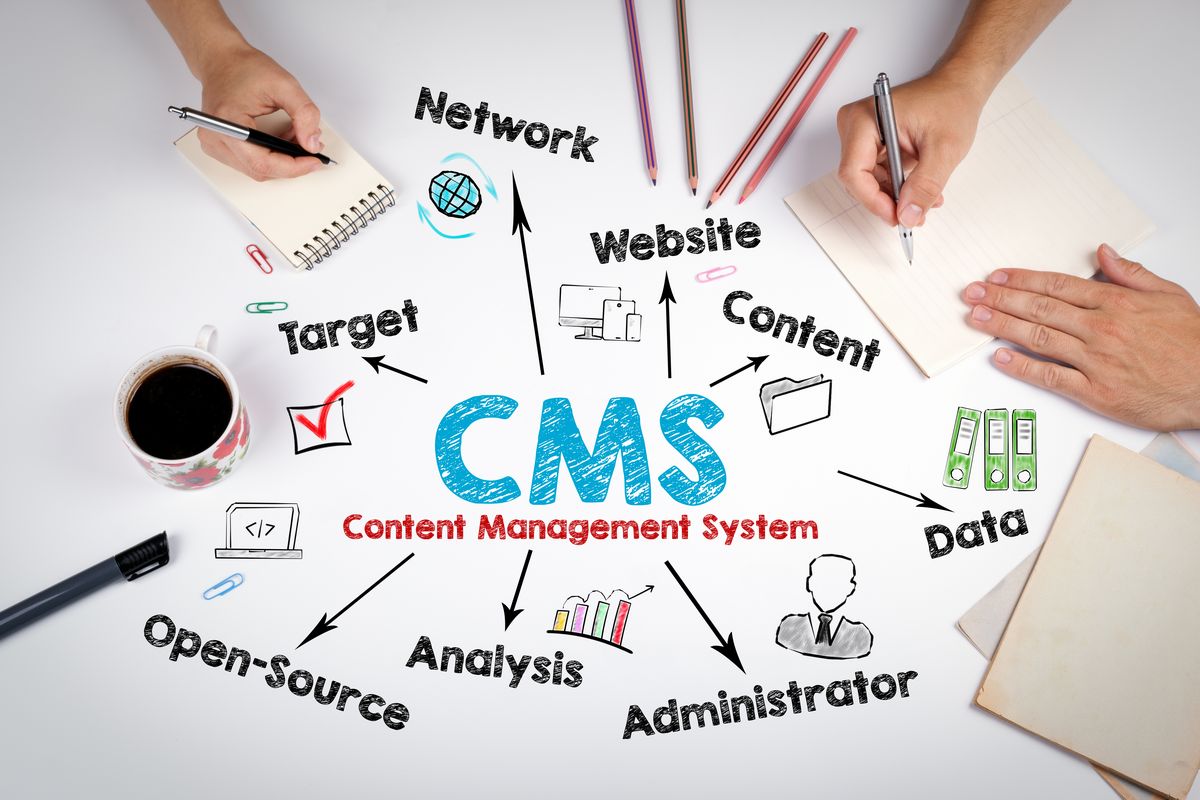The Revolutionized Connectivity - 5G Impact on Broadband Experience
The impact of 5G connectivity on web development is indubitably taking the internet experience to an unprecedented level. With its ability to accommodate more online users and provide a latency-free web browsing experience, it's anticipated to change the conventional way of web development. While currently, web developers design websites that cater to the capabilities of 4G networks, the introduction of 5G alters this approach since loading time and data transfer speed cease to be limitative obstacles.
Such a performance upgrade eradicates challenges such as buffering during live streaming, thus allowing developers to create more sophisticated, data-heavy web applications. With 5G's lower latency and higher data transmission speed, websites and web applications can dramatically improve their functionality, including real-time communication applications, holographic displays, and IoT interconnected devices, to name a few.
A primary advantage brought by 5G is the ability to transfer massive amounts of data virtually in real-time. This offers developers the opportunity to create multifaceted web applications incorporating technologies such as AI and virtual reality, which were otherwise slowed down by 4G's constraints.
5G - Opening up New Dimensions in Web Development
5G technology has made it possible to turn bold, innovative ideas into viable business initiatives for web developers. Applications that were once thought of as too data-heavy or complex can now be developed with unprecedented speed and efficiency. 5G makes it possible for developers to construct web applications that leverage advanced technologies such as machine learning, Augmented Reality (AR), and the Internet of Things (IoT) with ease.
Moreover, the surge in the number of devices connecting to the internet through IoT, from home appliances to vehicles and industrial machinery, demands a stable and fast connection. The arrival of 5G shows promise in addressing these requirements with its ultra-low latency feature. This technology stands to revolutionize not only web development but also the way the internet is used within these IoT systems.
5G also sets the bar higher for User Experience (UX) in web development, as latency shrinks to nearly zero. Fast and interactive websites become the new norm, and developers need to adapt their designs accordingly to provide a seamless UX.
Challenges and Opportunities Offered by 5G to Web Developers
Despite the numerous benefits and game-changing possibilities described, the transition to 5G is not without its challenges. It requires significant investment in hardware and infrastructure, which may pose a steep entry barrier for some smaller or emergent companies.
To keep up with the requirements of 5G, web developers will also have to continually upgrade their skills and remain adaptable in this rapidly changing environment. This new network's capabilities could also lead to an increase in cyber threats and security vulnerabilities, adding complexity to a developer’s role who will need to integrate advanced security measures into their web applications.
On the other hand, this is a splendid opportunity for web developers to reshape the world of web applications. By leveraging 5G's advanced capabilities, developers can create innovative solutions that were not previously possible, thus demonstrating the exciting opportunities this new technology brings.
Ultimately, it's up to developers to take full advantage of the opportunities and mitigate the challenges that come with the transition to 5G, thereby shaping a whole new era of web development.

The Power of 5G in the Era of Remote Work
One of the crucial impacts of the introduction of 5G in web development relates to the newfound possibilities in the era of remote work. With the high-speed and low-latency network provided by 5G, it has become possible to create more advanced remote working systems. Developers can now create online collaboration platforms and digital workspaces which can handle more data and real-time experiences, breaking down geographical barriers and thereby revolutionizing the way we work. In essence, the introduction of 5G translates to better and more robust collaborative tools, video conferencing platforms, and project management systems.
From remote teams working on a digital project, to surgeons performing complex procedures via telemedicine, 5G-powered web applications serve to facilitate these operations by providing a seamless, real-time collaborative experience. Virtual and augmented reality systems which were once inhibited by lag and low-quality user experience can now be leveraged in numerous industries, from education to entertainment, to provide an immersive experience despite physical distance.
From Browsing to Immersive Experiences: 5G and Virtual Reality
The implementation of 5G networks has a significant impact on the consumption of content on the Web. Specifically, with the higher bandwidth and lower latency brought by this new technology, developers can create more engaging, interactive, and immersive experiences, such as Virtual Reality (VR) and Augmented Reality (AR). These advanced features were once confined to high-end systems due to the limitations of previous network generations.
5G has made it possible for web developers to design websites and applications that support VR/AR technology, thereby creating a new way for users to interact with the digital world. With this technology, users can now visit a virtual store, take a tour of a property or museum, or even attend an event from the comfort of their own homes. The integration of 5G with VR/AR is not just transforming the way we browse the web, but it's ushering in a new era of immersive Internet.
5G and the Impact on E-commerce
The arrival of 5G is poised to make a profound impact on the e-commerce industry. With more data being transferred and processed quicker than ever before, web developers are given a chance to create more dynamic, engaging, and personalized e-commerce platforms. This results in a shift from a transaction-based e-commerce experience to one that is driven by user engagement and interaction.
E-commerce platforms powered by 5G can leverage technologies such as AR to offer virtual try-before-you-buy experiences, thereby providing a more tangible sense of the product to online shoppers. Furthermore, faster load times mean that customers can browse through more products in less time, enhancing both the user experience and potential conversions for businesses. As such, the implementation of 5G offers a wealth of opportunities for web developers to transform the e-commerce industry and take online shopping to a whole new level.

Revolutionizing Content Streaming with 5G
As the world of digital content continues evolving, 5G is instrumental in facilitating the quick and seamless streaming of high-definition (HD) and 4k videos. To give some context, 4G allows streaming roughly one hour of HD video content per gigabyte (GB) of data, but with 5G, this skill is significantly amplified. This is crucial in the era of OTT (Over-the-top) platforms where uninterrupted streaming is fundamental for a satisfying user experience. The implementation of 5G technologies means web developers can now construct robust streaming platforms that deliver rich and engaging content without the typical buffering or lag associated with lower speed networks.
Enhanced Mobility in Gaming through 5G
The gaming industry is a sphere where 5G's impact is keenly felt. Developers can now create complex, graphics-heavy games that previously only high-end gaming consoles could support, and make them available for mobile devices. The combination of high speed, low latency, and massive capacity for data transmission pave the way for instant multiplayer games and even VR games across distances with no lag time. This level of mobility in gaming is unprecedented and underlines the transformative potential of 5G in creating engaging, real-time experiences for users.
Transforming the Healthcare Through Telemedicine
Another exciting application of 5G in web development is in the area of telemedicine. With the ability to transfer large amounts of data in real-time, developers can build sophisticated healthcare platforms and applications that allow for real-time interaction between medical professionals and patients. This could include live video consultations, remote monitoring of patients' vital signs, or even robotic surgery. The integration of 5G in web development opens up a realm of possibilities for bringing high-quality healthcare services to remote or underserved locations, therefore revolutionizing the way healthcare services are delivered and experienced by individuals around the world.
| Topic | Advantage | Impact on Web Development | Real-world Application | Potential Challenges |
|---|---|---|---|---|
| 5G and Web Development | Transfers massive amounts of data virtually in real-time. | Allows creation of sophisticated, data-heavy applications and websites with enhanced functionality. | Real-time communication apps, IoT devices, AR/VR experiences etc. | Requires substantial investment in hardware and infrastructure. |
| 5G and Remote Work | High-speed, low-latency network. | Enables creation of advanced remote working systems and online collaboration platforms. | Better video conferencing platforms, project management systems, telemedicine etc. | Needs constant upgrading of skills and infrastructure. |
| 5G and VR | Higher bandwidth and lower latency. | Simplifies creation of VR/AR experiences on web. | Interactive museum tours, virtual retail experiences, immersive web browsing etc. | Existing infrastructure may not support VR/AR applications. |
| 5G and E-commerce | Transfers more data quickly. | Enhances personalization and user engagement on e-commerce platforms. | AR try-before-you-buy experiences, faster load times resulting in more conversions etc. | Could potentially lead to increased cyber threats. |
| 5G and Gaming | High-speed, low latency network. | Enables development of complex, graphic-intense games for mobile devices. | Instant multiplayer games, VR games with no lag time etc. | May be limited by current mobile device capabilities. |
The Power of 5G in Enhancing Real-Time Communication
The advent of 5G technology is poised to revolutionize real-time communication on the internet. With the ultra-fast speed and low latency provided by 5G, we can expect the emergence of more advanced communication platforms. Web developers have the opportunity to develop applications that facilitate instantaneous video calling, live streaming, and other forms of real-time communication, all in high definition and without any lag. The web experience becomes instantly richer and faster, providing users with a more immersive and interactive setting. Whether for casual interaction or more demanding professional settings, the revolution in real-time communication will be a game changer. The impact of 5G on communication is set to enhance how we interact on the internet — making long distance seem not so distant after all.
Digital Transformation in Healthcare: 5G's impact
5G technology promises to bring along a significant transformation in the healthcare sector. Developers now have the opportunity to design and develop sophisticated telemedicine applications, enabling healthcare providers to treat patients remotely. Faster data transmission and low latency play a pivotal role in enabling the smooth operation of these applications, ensuring critical data is transferred in real time for immediate attention. Furthermore, implementation of applications harnessing IoT in healthcare can monitor patients' health metrics in real time, alert doctors of any abnormalities, and overall ensure more accurate and timely intervention. By integrating 5G capabilities, web developers can contribute to a more advanced healthcare sector, strengthening its effectiveness and reach—particularly advantageous in a world post-pandemic.
5G and its Role in Fostering Smart Cities
The implementation of 5G technology stands to play a prominent role in the realization of smart cities. Ultra-fast data transmission and lower latency facilitate proficient functioning of IoT devices, which are crucial for developing smart cities. Web developers stand at the forefront of this, having the capability to create intricate web applications that can handle vast amounts of data and provide real-time feedback. From traffic management systems and connected public transports, to utilities and services management, and even public safety enhancements; all aspects of a city can be upgraded to become smarter and more efficient. The potential for cities transformed by 5G-enhanced web applications is vast — marking a fascinating convergence point between cutting-edge technology and urban environments.







